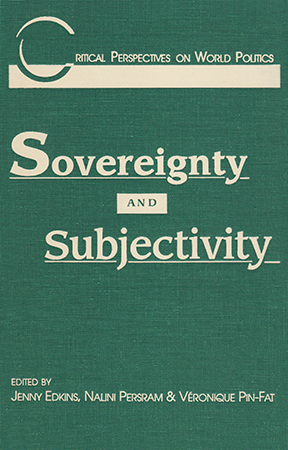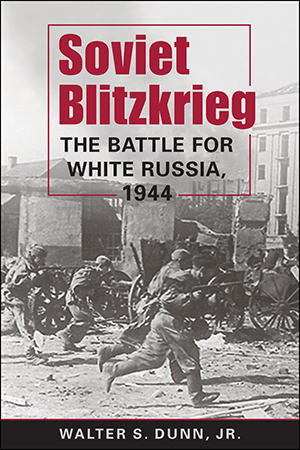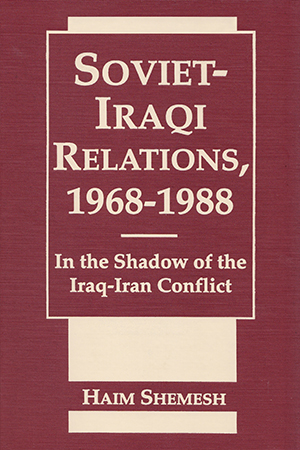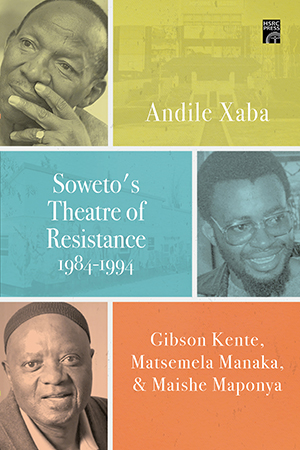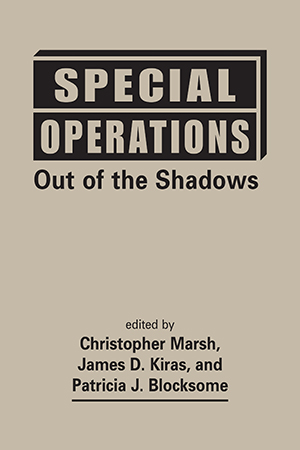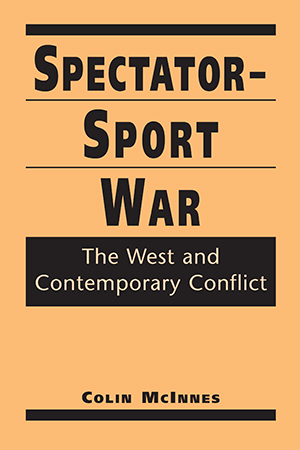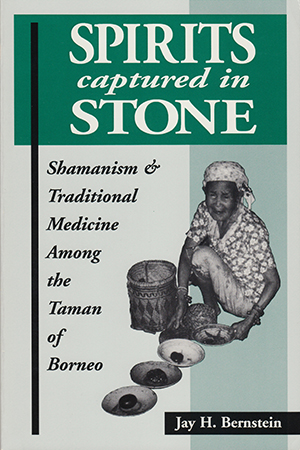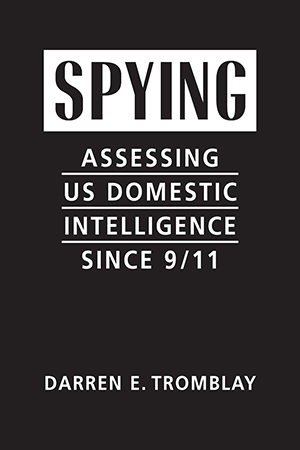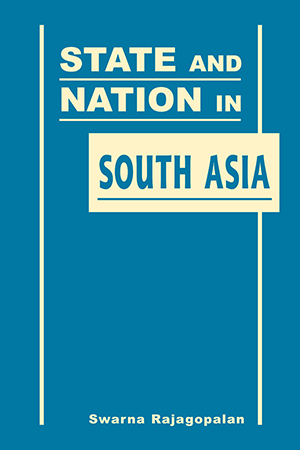BOOKS
This provocative analysis of notions of subject and identity in international relations goes beyond discussions of identity politics to argue that sovereignty and subjectivity implicate each More >
Walter Dunn's book narrates the details of a battle on the Eastern Front that was perhaps the largest of all time and certainly one of the most significant of World War II. Nearly three More >
From the beginning of the Ba'th regime in 1968 to the end of the Iran-Iraq war in 1988, Iraq was an important ally of the Soviet Union in the Middle East. Haim Shemesh explores the More >
Three Soweto playwrights. Three distinctive theatrical styles. Each using plays to communicate messages of humanism, Black Consciousness, and Black solidarity. Andile Xaba traces the More >
Why have special operations forces become a key strategic tool in the conduct of modern warfare? How do these specially trained and equipped elite units function? What types of missions do More >
Following a century dominated by global conflict—and despite the unchanging nature of the human suffering it causes—the nature of war itself, argues Colin McInnes, has been More >
This fascinating case study focuses on shamanism and the healing practices of the Taman, a formerly tribal society indigenous to the interior of Borneo. The Taman typically associate illness More >
In contrast with traditional scholarship, which has seen a more or less uniform middle-class response to the political and economic crises of the age of fascism, this comparative study of More >
Initiated in the aftermath of the September 11 terrorist attacks, have the reforms of the US intelligence enterprise served their purpose? What have been the results of the creation of the More >
What makes a national community out of a state? Addressing this fundamental question, Rajagopalan studies national integration from the perspective of three South Asian More >



